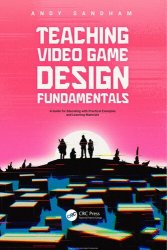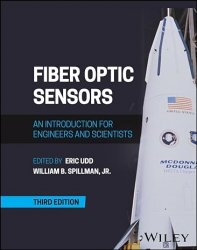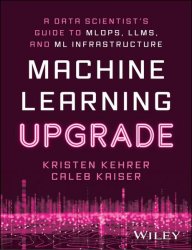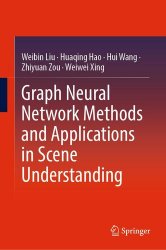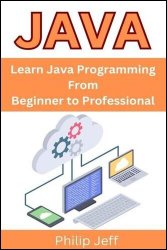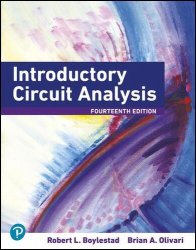 Название: Introductory Circuit Analysis, 14th Edition
Название: Introductory Circuit Analysis, 14th EditionАвтор: Robert L. Boylestad, Brian A. Olivari
Издательство: Pearson Education
Год: 2023
Страниц: 1155
Язык: английский
Формат: pdf (true)
Размер: 52.1 MB
Welcome to the fourteenth edition. Over the fifty plus years since the first edition in 1968, the revisions have typically involved adding additional content based on the changes in curriculum. This new fourteenth edition is more about refining and updating content to provide a revision that ensures that the most current and relevant content is provided.
Updated with the most current, relevant content, the 14th Edition places greater emphasis on fundamentals and has been redesigned with a more modern, accessible layout. Topics requiring a solid understanding of Power Factor, Lead and Lag concepts have been significantly enhanced throughout the text.
The most notable changes include the following:
• The over 2000 images are as current as possible with many new or modified for this edition.
• The overall design of the text has been updated and enhanced for a more modern, accessible layout.
• The Multisim and PSpice computer material has been removed based on the vast majority of reviewers stating it was not covered. This valuable feedback indicated the importance of covering fundamental theories clearly rather than focusing on the mechanics of applying computer methods.
• Topics requiring a solid understanding of power factor, lead, and lag concepts have been significantly enhanced throughout the text.
• Laboratory experiments and summary of equations to accompany the text have been carefully reviewed for accuracy and changes made where required.
• Problems were carefully reviewed to ensure that they progressed from the simple to the more complex in each section.
• All solutions were checked carefully to ensure accuracy.
The TI 89 Titanium calculator continues to be the choice for this text, and we have provided sufficient detail in the text to perform all the mathematical techniques required without having to refer to the calculator manual provided. In some cases, short-cut methods are introduced that are helpful in what they can perform in the shortest of time. In every respect we feel the TI-89 will serve the student well in their current studies and those to follow.
Over the past few decades, technology has been changing at an ever-increasing rate. The pressure to develop new products, improve the performance and reliability of existing systems, and create new markets will only accelerate that rate. This pressure, however, is also what makes this field so exciting. New ways of storing and manipulating information, manufacturing integrated circuits, and developing software-embedded hardware systems that can “think” on their own based on input data are only a few possibilities.
Change has always been part of the human experience, but in the past, it was gradual. In recent years, however, the rate at which change in the electrical/electronics industry has been taking place is mind-boggling. Just think, for example, it was only a few years ago that “flatscreen” TVs, with wide, flat screens were introduced. Already, these have been eclipsed by much wider 4K ultra high definition (UHD) and 3D models.
Miniaturization has resulted in huge advances in electronic systems. For example, advancement in this technology has allowed cell phones that originally were the size of notebooks to now be smaller than a deck of playing cards. These so-called smartphones (devices), such as an iPhone, provide a multitude of extremely desirable features, in addition to being able to make simple telephone calls. Such features include a multi-touch glass capacitive screen, mp3 music player (iPod capability), web browser, email, text messaging, calendar and contacts, mobile game player, facial recognition (for security purposes), 4K HD video recording, high-resolution camera, video conferencing (FaceTime), GPS, Bluetooth, Wi-Fi, and the ability to run over 2 million software applications “Apps,” to name a few.
Скачать Introductory Circuit Analysis, 14th Edition
[related-news] [/related-news]
Комментарии 0
Комментариев пока нет. Стань первым!
